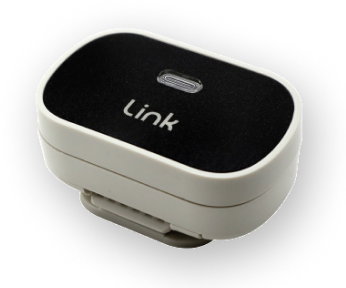You're minding your own business, when suddenly your dog makes a disturbing snorting noise. Where did it come from? Are they ill? Are they possessed? Relax. It's probably just a reverse sneeze. Here's how to recognize them in your dog, along with some facts about what causes them, and what to do about the condition.
What Is a Reverse Sneeze?
Reverse sneezing is fairly common in dogs. It can also occur in cats, though not nearly as often. When it happens, the dog extends their head and neck and inhales sharply, with a loud snorting sound. It usually happens a few times consecutively, which can make it a bit alarming to watch.
It might sound like your dog is choking, or otherwise in distress. However, in most cases, it's nothing to worry about. Reverse sneezing a completely normal response that allows your dog to get rid of something that's irritating their nasal passages - much like a regular sneeze, for humans.
Reverse Sneezing - When to Worry
The occasional bout of reverse sneezing is harmless. However, if it starts occurring frequently, then there could be a problem. Whatever is irritating their nasal passage isn't going away as it should. They could be allergic to something in your home, or they might have nasal mites - small parasites that infect the sinuses.
If your dog is reverse sneezing too much, take them to the vet. Ask them to be tested for allergies and find out if there's anything you should keep out of your house to prevent future reactions. Your vet will also perform a basic examination of your dog's respiratory system, and possibly do some X-Rays, if the case is serious enough. They might prescribe an antihistamine or similar medication, to reduce nasal irritation.
Another cause for concern is if, instead of a snort, your furry friend makes a sort of honking noise. This indicates a tracheal collapse, which is more serious than a simple reverse sneeze, and is most commonly found in smaller breeds, such as Pomeranians and Yorkshire terriers. If your dog makes a honking noise, and seems to be having difficulty breathing, take them to the vet immediately.
What to Do About Reverse Sneezing
If your furry friend has come into contact with any other dogs recently, talk to their owners and see if they've been experiencing reverse sneezing too. Nasal mites are contagious, so there's a good chance they either got it from another dog or gave it to another dog.
As far as treatment goes, in most cases, there's nothing you need to do about reverse sneezing. If the vet gives you medication for your pet, administer it as per their instructions, but in most cases, medication isn't necessary.
There are, however, a few things you can do to make your dog more comfortable during a bout of reverse sneezing.
- Gently blow in their face.
- You can also hold their nose closed and massage their throat. This will help them to swallow, which in turn will get rid of the irritants and help them to stop sneezing.
- And if it's cool outdoors, you can take them outside for some fresh air, and do your best to keep them calm and relaxed.
It's always difficult to see your dog in distress, particularly when the sounds they make are so disturbing. However, if you're worried about reverse sneezing, your concern is usually overnothing. Just do what you can to keep your dog comfortable, and they'll be their regular, healthy self again in no time.





